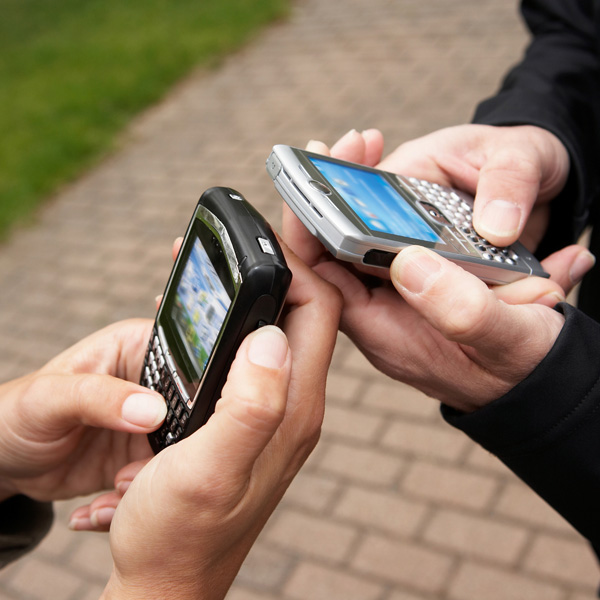The following tips will help protect you from an identity theft and hacking nightmare:
1. Use a password. Think of your smartphone as an electronic wallet. If you could lock that wallet, why wouldn't you? While not foolproof, it takes effort to crack and can make most thieves move on to easier targets.
2. Use apps to shop. Many companies now have dedicated apps designed to ward off phishing and scams, so avoid shopping from the web browser if possible.
3. Always log out. After you're finished using an app or account, log out. Also try to avoid saving user IDs or passwords on the phone.
4. Close Wi-Fi auto connect and Bluetooth public. Hackers can break into your phone over fake networks and exploit Bluetooth connections. Make your phone prompt you to connect and be cautious in public areas.
5. Do a "factory reset". If you get a new phone make sure to reset your old one to original factory settings after you've migrated your data. Instructions are readily available online for all smartphones. If you've lost your phone, there are geo-locating services enabling remote-wiping of data. Check your marketplace for information.

6. Avoid suspicious "free" apps. Some free apps are little more than thinly veiled phishing scams to try and obtain your data. Make sure the app you download has plenty of good reviews.
7. Remove sensitive data. Don't store notes, emails or documents containing passwords, pin numbers, Social Security numbers, credit card or bank account information on your smartphones.
8. Clear your browser history. Clearing the browser history, or using private browsing, removes the "trail" that hackers can use to retrace your steps and hijack any accounts you may have logged into.



Comments
Comments are closed.